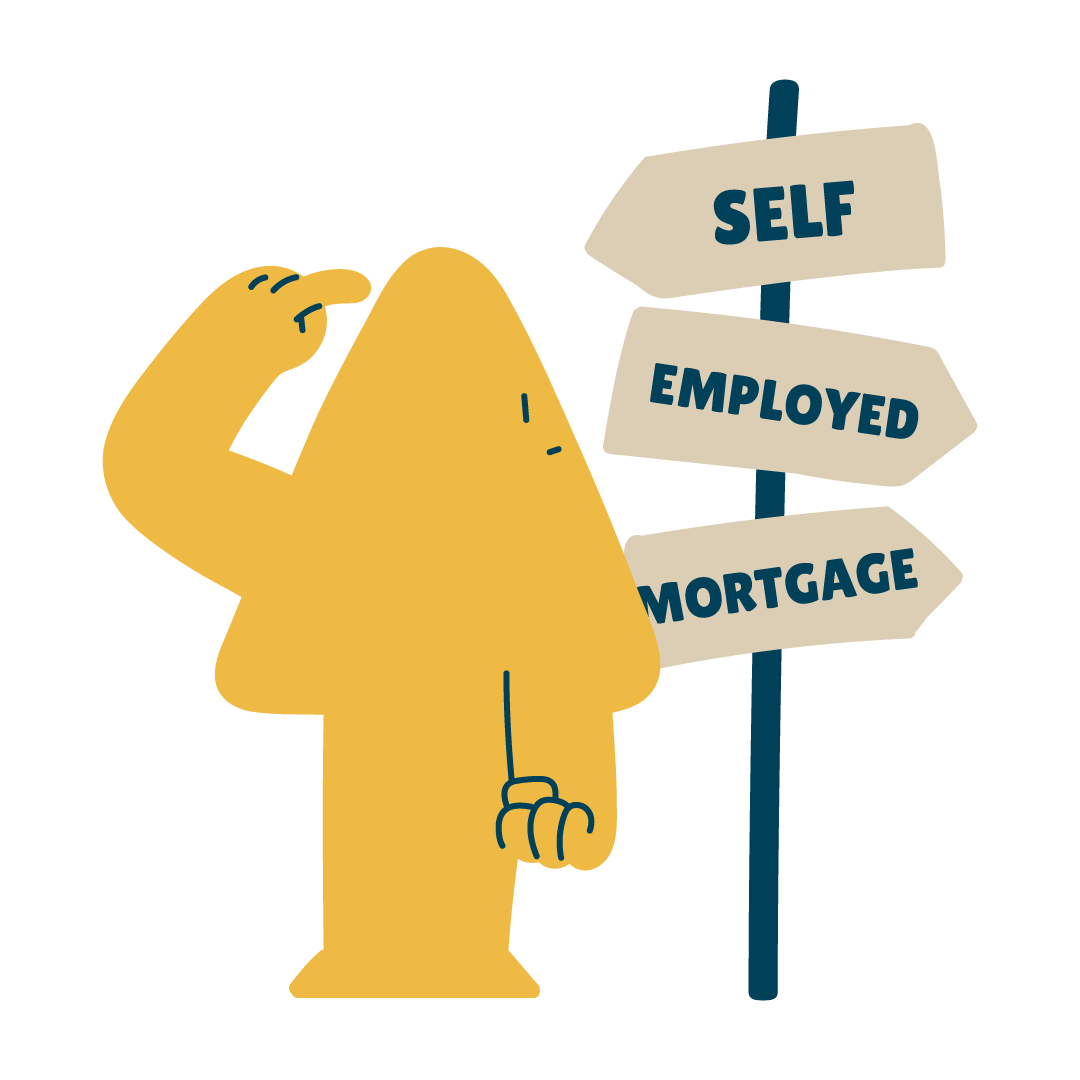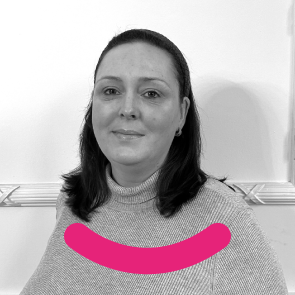
Self Employed
Mortgages
Regulated by the FCA
By continuing you agree to our Privacy Policy and to be contacted by one of our mortgage experts.
Your home may be repossessed if you do not keep up repayments on your mortgage. Mortgageable is a mortgage broker, and not a lender.


















Self-employed mortgages
Typically you will need to have at least two years’ worth of accounts or self-assessment tax returns available to show to your lender. In some cases, you might need to provide up to three years’ worth.
You may find that some lenders are stricter than others, too. Some might want to see a projection of your future earnings in the form of upcoming contracts, while others will be happy with just one year’s worth of accounts.
As a general rule, lenders are simply looking for evidence of reliable earnings and regular records of your income. Crucially, they need to be confident that you can sustain your current level of income in the years to come.
Self-Employed Mortgage Questions.
Below are a few common questions we get asked about self-employed mortgages that may be useful.
Securing a mortgage when you’re self-employed can prove more intricate compared to those in traditional full-time positions, primarily due to the distinct nature of income verification.
Lenders seek assurance that you have the financial capacity to consistently meet your mortgage payments without posing a risk to their investment. Self-employment often involves income fluctuations from month to month, which can lead lenders to perceive it as less stable than traditional employment. Consequently, some lenders are ill-equipped to navigate the complexities associated with self-employed income and may simply decline your application.
However, this is not the case with all lenders. This is why it’s advisable to collaborate with a specialized self-employed mortgage broker who possesses an in-depth understanding of these challenges. Our team of Mortgage Experts deals with such scenarios on a daily basis, and they are well-versed in identifying the right lenders and mortgage options tailored to your unique situation. Feel free to reach out and explore the mortgage options available to you as a self-employed individual.

Speak to an expert.
Unsure which mortgage is best for you? Struggling to understand the rates? Book a call with one of our experts.
As a mortgage is secured against your home, it could be repossessed if you do not keep up the mortgage repayments. Think carefully before securing other debts against your home
If you are thinking of consolidating existing borrowing you should be aware that you may be extending the terms of the debt and increasing the total amount you repay.




















